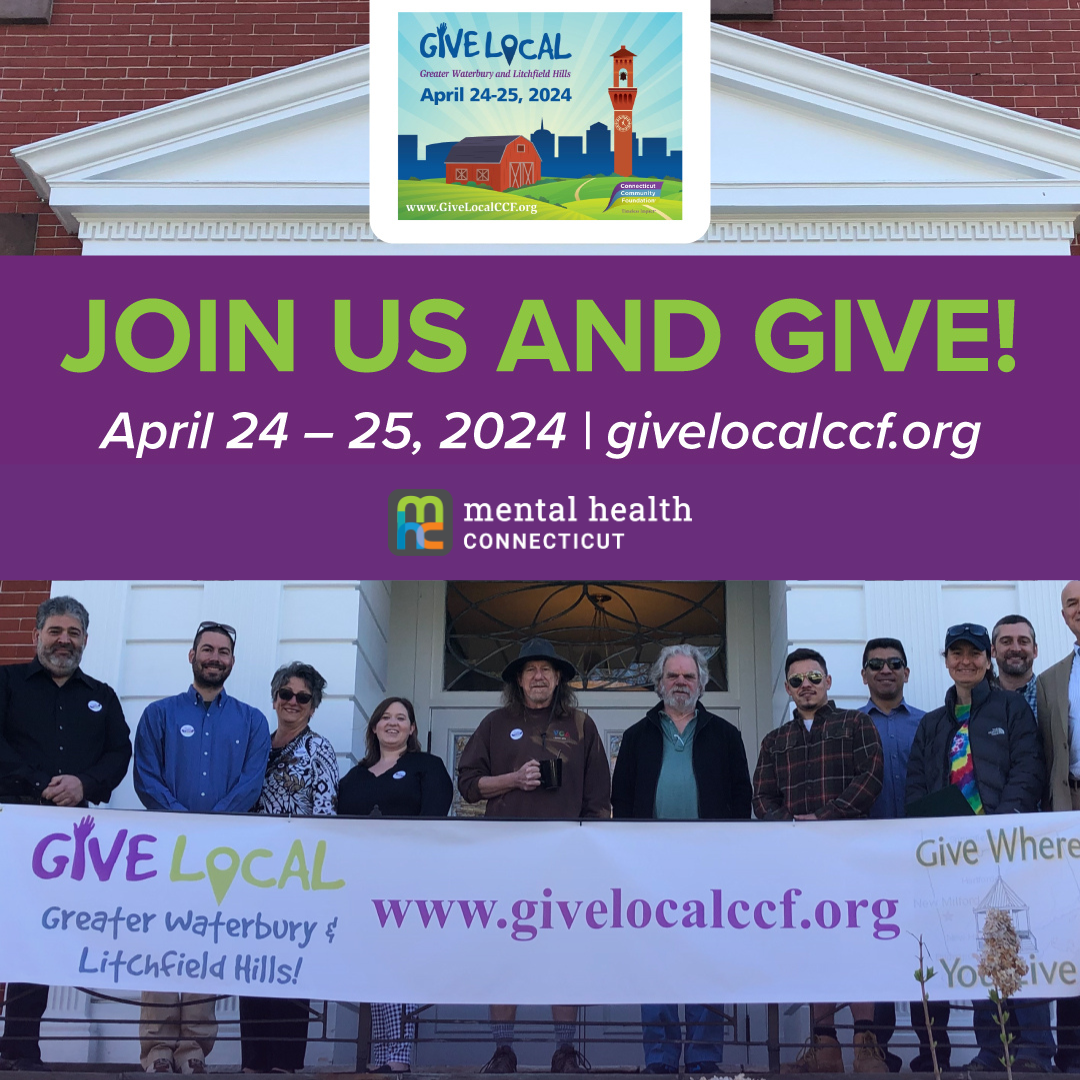Contributed by: Trevor McDonald
The quality of your mental health is directly correlated to the state of your physical one. It is imperative that both are given equal care and attention in order to sustain their well-being.
The consequences of poor mental health
The number one culprit of poor mental health is stress, which is a result of many factors such as school, work, personal circumstances, or the surrounding environment. If not coped with appropriately, stress will increase your body’s levels of the hormones cortisol and adrenaline, which are severely harmful in influx.
This is how poor mental health affects the body:
- Weakens immune system – You become more susceptible to sickness since stress raises blood pressure and can cause hypertension.
- Disrupts appetite – The body becomes less sensitive to leptin, a hormone that communicates to the brain whether or not one is hungry. As a result, you can overeat and unknowingly gain weight.
- Disturbs sleep cycle – Melatonin levels severely decrease, making you prone to fits of insomnia.
- Can lead to substance abuse problems – Confronting any type of stress will always be difficult. Finding an outlet that numbs or avoids it can sometimes lead a person to abuse substances like drugs or alcohol.
The positive impacts of good mental health
On the other hand, if you learn to manage stress in a healthy way opposed to a harmful one, your body will optimize at its prime, stay energized, and feel well and strong. But handling stress isn’t the only way to improve one’s mental health. You should keep a positive attitude and treat both yourself and others with kindness and empathy too!
This is how good mental health affects the body:
- Strengthens cognitive function – You sharpen memory, prolong attention span, and cultivate a deeper sense of introspection.
- Increases productivity and motivation – You will feel more inclined to be productive and stay motivated since you can clearly visualize a path to take that will lead to accomplishing goals.
- Prevents depression and anxiety – Episodes of depression or anxiety become less likely to happen since good mental health keeps you aware of your emotional reactions and responses.
- Helps to overcome behavioral impulses – If one were addicted to substances like drugs and alcohol; they would abuse these substances on impulse. However, sustaining good mental health during recovery helps create an inherent and confident sense of control over ones behavior.
The best coping mechanisms for stress
While stress is inevitable, it can always be combatted. These are some of the best and most effective coping mechanisms that will help you handle stress in a positive way:
- Exercise – No matter the intensity of an exercise, it will stimulate the production of the body’s natural painkillers: serotonin, endorphins, and dopamine. Evidently, the increase of these hormones will boost your mood and help you manage pain.
- Meditate – If you need to silence the rush of chaotic thoughts and endless lists of things to do, turn to meditation to calm the mind. Meditation promotes enhanced self-awareness, which enables you to analyze stress triggers with clarity, understand why they occur in the first place, and rationalize your future stress responses to them.
- Devote time to a hobby – When was the last time you actually set aside a moment to do something you love, just for fun? Allow yourself to devote time improving on a skill that takes your mind off any stress that may be overwhelming you.
- Socialize – Seeing your friends, family, or loved ones will always put a smile on your face. Make an effort to meet up with them in person to catch up or participate in a new activity together. Since they’re people you trust and care about, and vice versa, you can open up to them about your current thoughts or emotions and seek their advice. Last but not least, you can laugh with them! Just like exercise, laughter triggers endorphins.
As long as you invest time into sustaining the well-being of your mental health, your body will always feel at its best. Neither mental nor physical health will ever be more important than the other. They’re inherently connected!
Author Bio: Trevor is part of the content marketing team for Detox Local and a recovering addict & alcoholic who’s been clean and sober for over 5 years. Since his recovery began, he has enjoyed using his talent for words to help spread treatment resources, addiction awareness, and general health knowledge. In his free time, you can find him working with recovering addicts or outside enjoying about any type of fitness activity imaginable.


